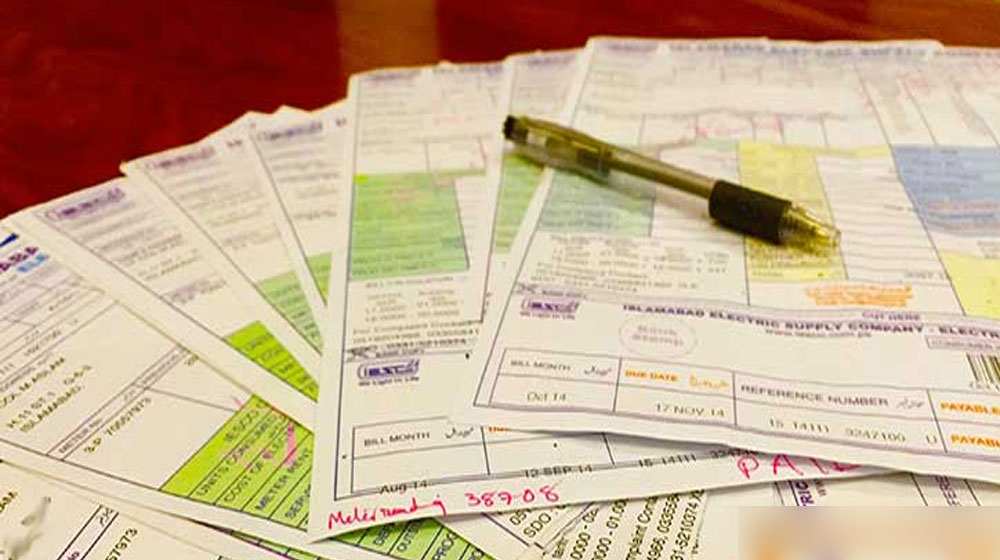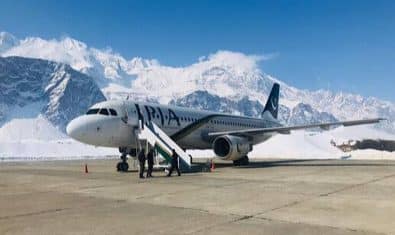National Electric Power Regulatory Authority (NEPRA) has approved an increase of Rs. 2.51 per unit in the price of electricity.
The development came earlier today during the hearing of a fuel cost adjustment (FCA) petition filed by the Central Purchasing Power Authority (CPPA). The official notification regarding the hike in power tariff will be issued later.
According to details, the tariff increase has been approved on account of the monthly fuel cost adjustment (FCA) for September 2021 and will be charged from consumers in the billing month of November 2021.
The price hike will be applicable to all categories of consumers except lifeline consumers who consume less than 50 units and K-Electric consumers. The increase of Rs. 2.51 per unit in the price of electricity is expected to put an additional burden of up to Rs. 35 billion on the power consumers.
CPPA had initially requested NEPRA to approve an increase of Rs. 2.65 on account of FCA for September. However, NEPRA declined CPPA’s request and approved a hike of Rs. 2.51.
It claimed that it produced 13.6 billion units of electricity in the month of September at a cost of Rs. 104 billion. The per-unit cost of power generation through diesel was Rs. 21.74, furnace oil Rs. 19.23, and LNG Rs. 14.91. Electricity was also imported from Iran at a cost of Rs. 13.11 per unit and line losses were calculated at 20 paisas per unit.
During the hearing, NEPRA officials pointed out that CPPA violated the merit order in September and put an additional burden of Rs. 2.7 billion on the system.
Merit order is a way of prioritizing power generation sources based on input cost and pollution output. Power plants which run on diesel and furnace oil are less cost-efficient and produce more pollution while LNG-based power plants are more cost-efficient and produce less pollution.
CPPA violated the merit order by prioritizing power generation through power plants that run on diesel and furnace, which incurred a higher input cost.
CPPA representatives argued that a large portion of electricity was generated from diesel and furnace oil power plants because of the shortage of LNG in the country, adding that the power plants’ LNG demand in September was 950 MMCFD but they only received 660 MMCFD.
Officials representing the Power Division briefed NEPRA that there are a number of challenges that are impeding the uninterrupted LNG supply to power plants, adding that the issue will persist until the construction of new LNG terminals.

























